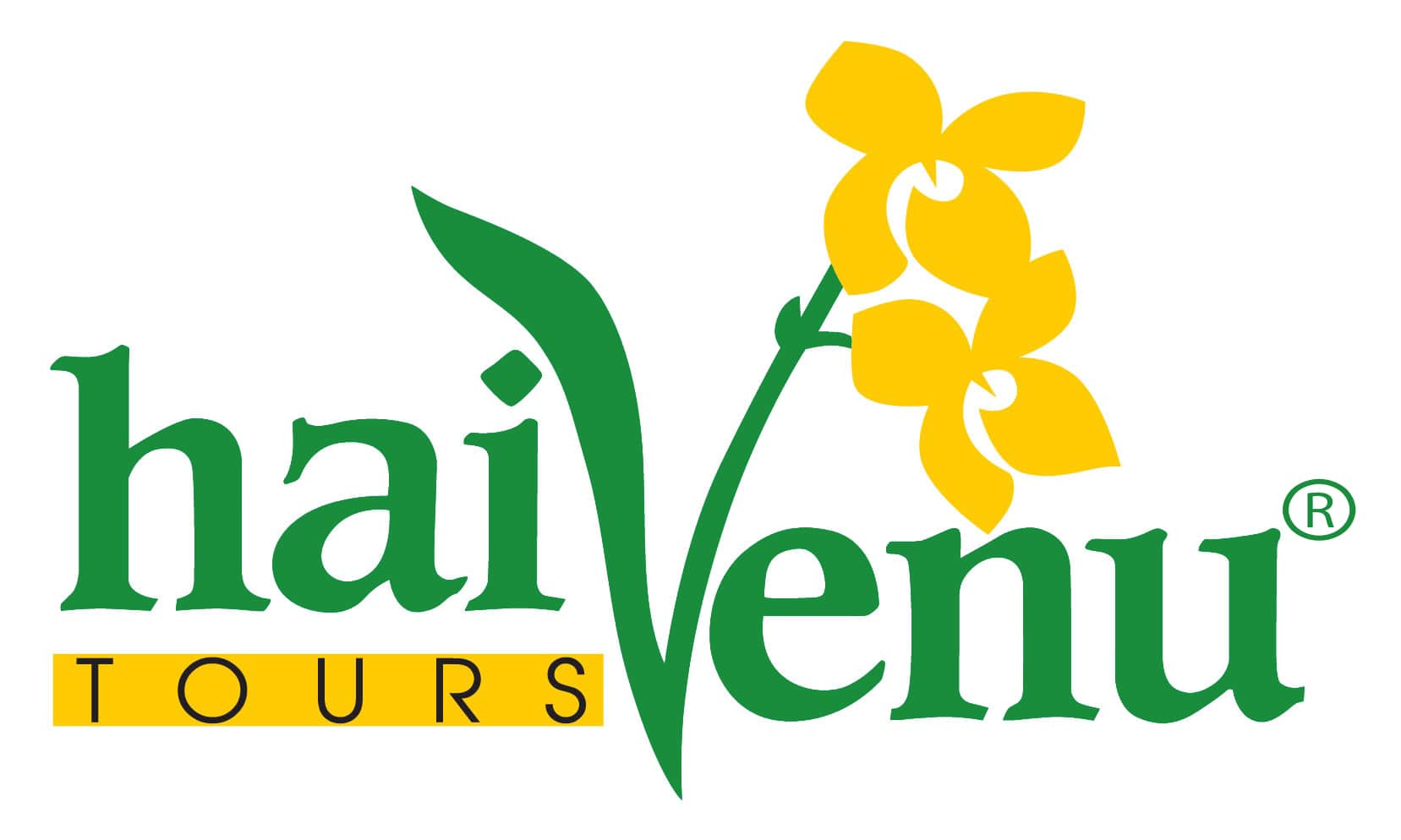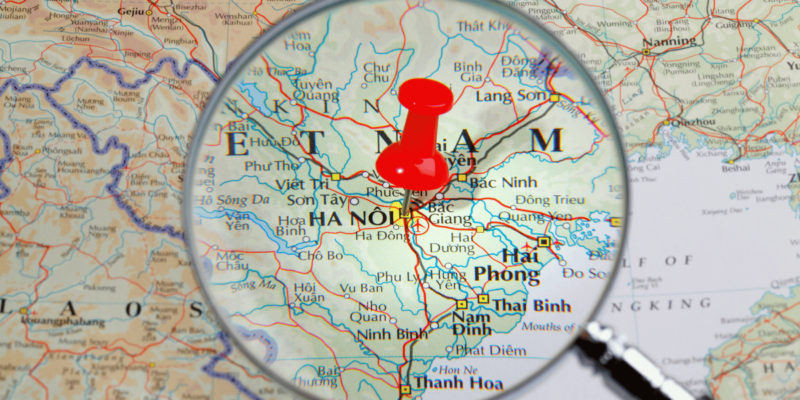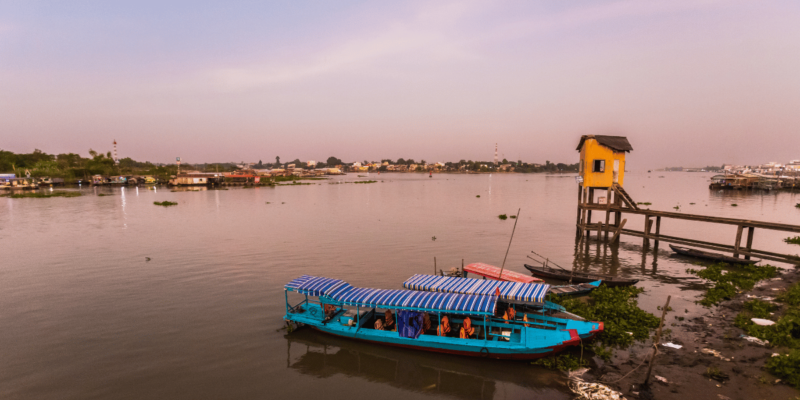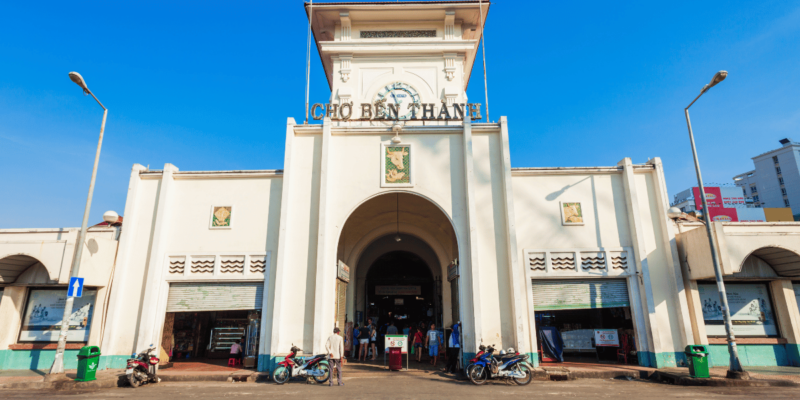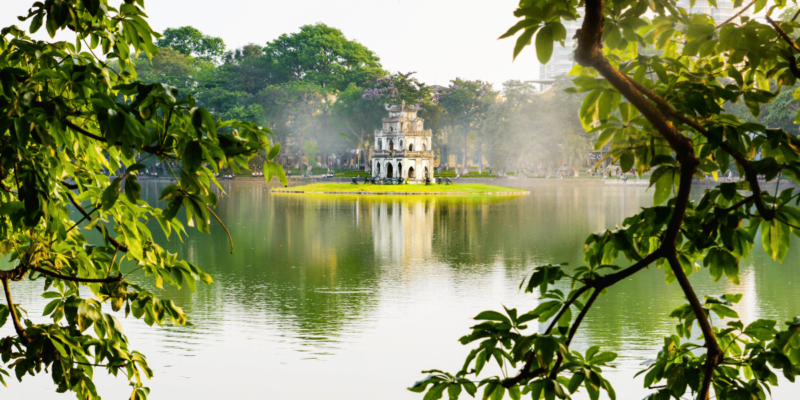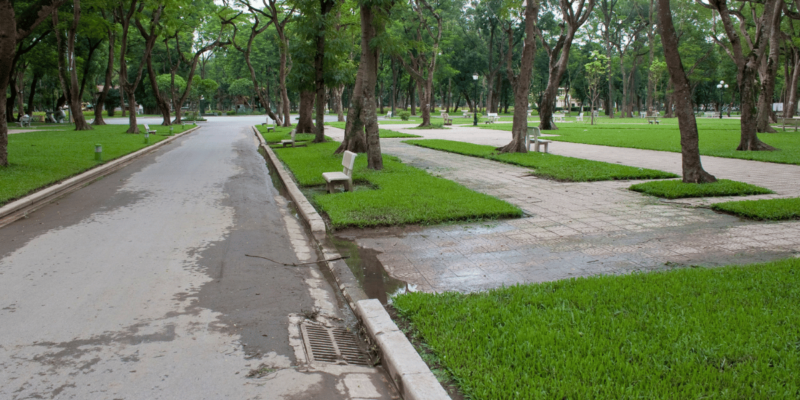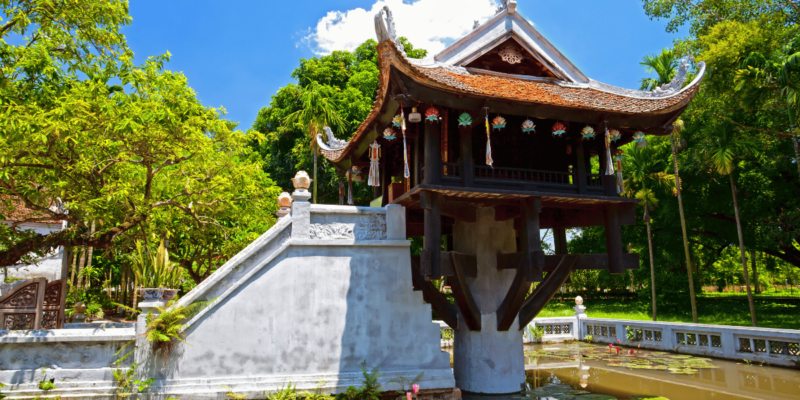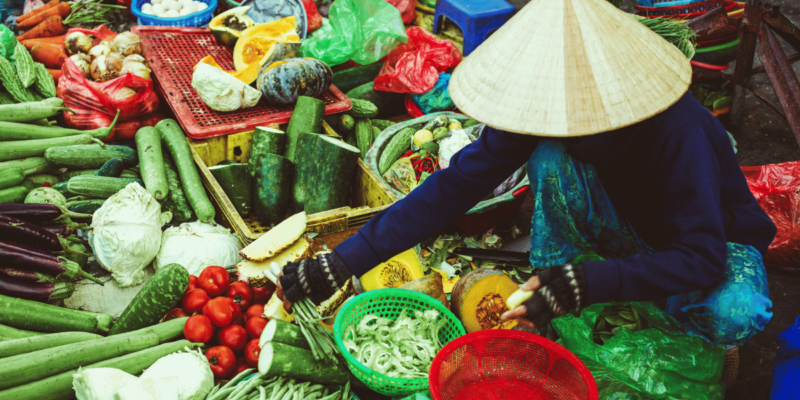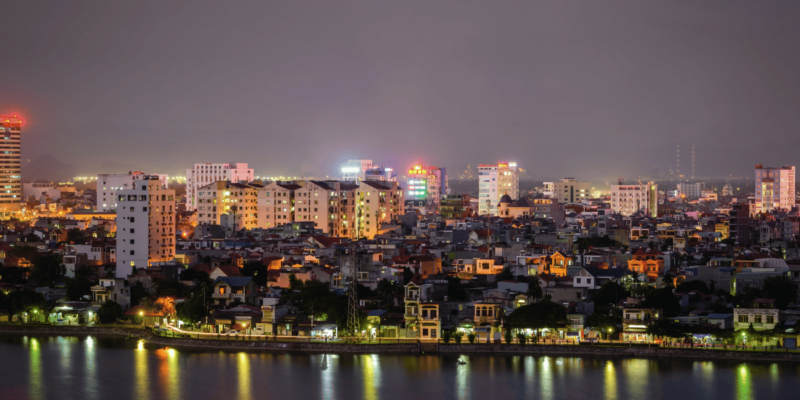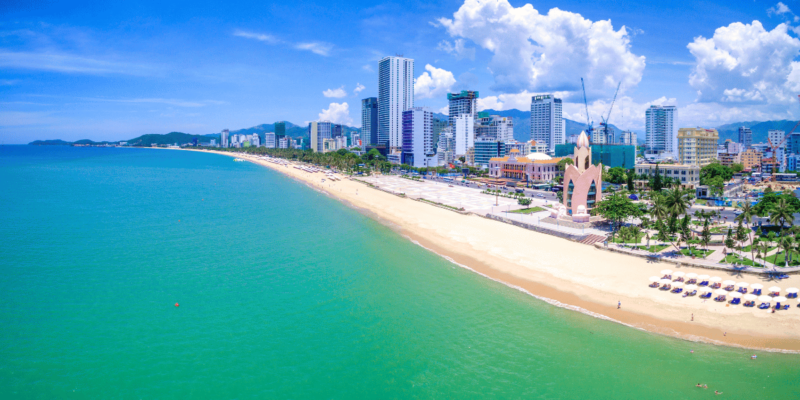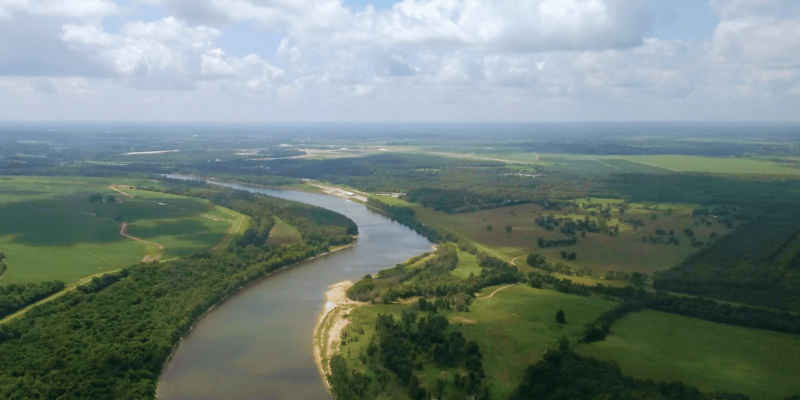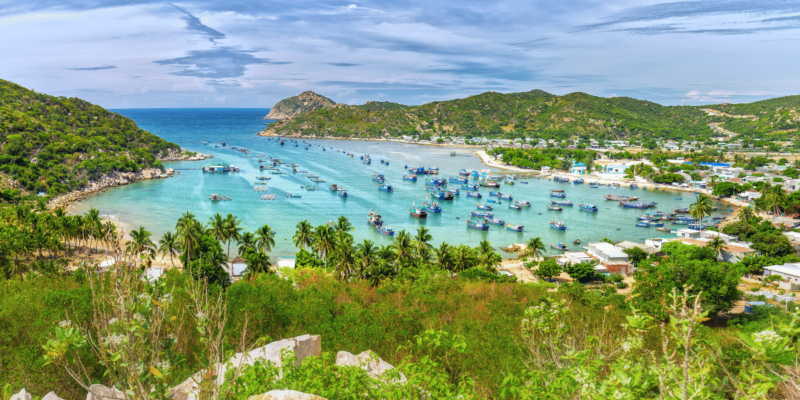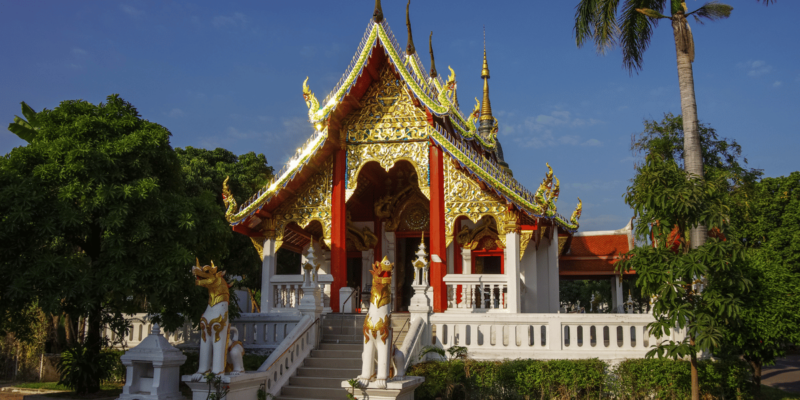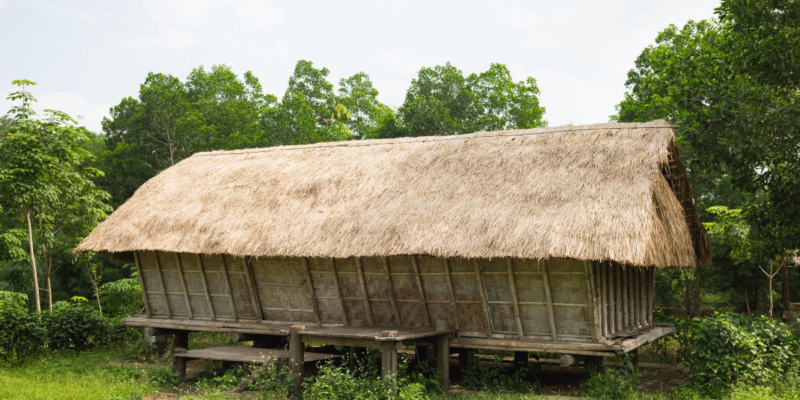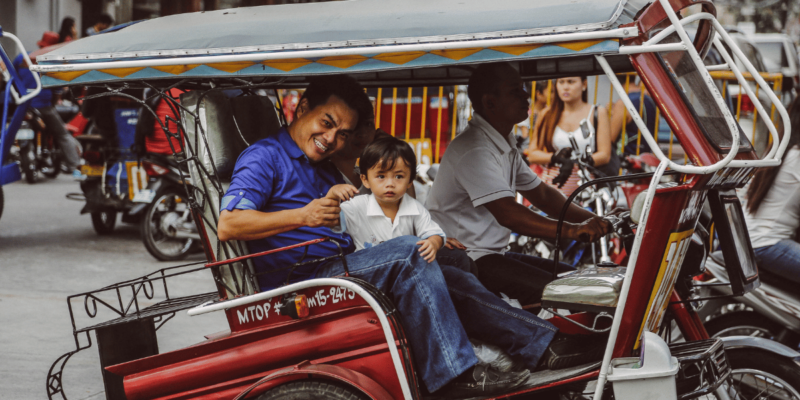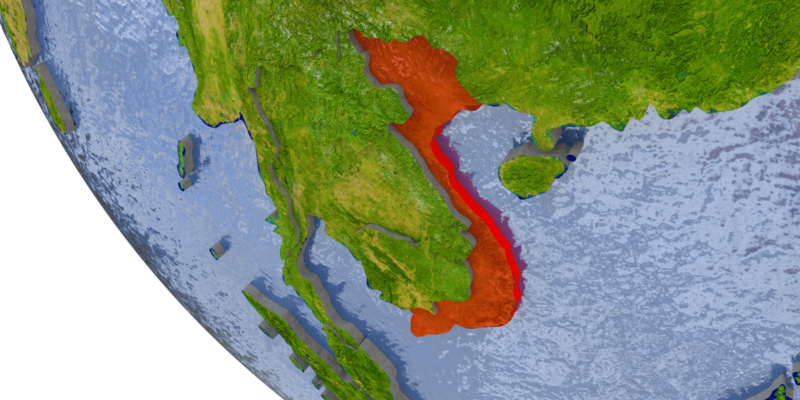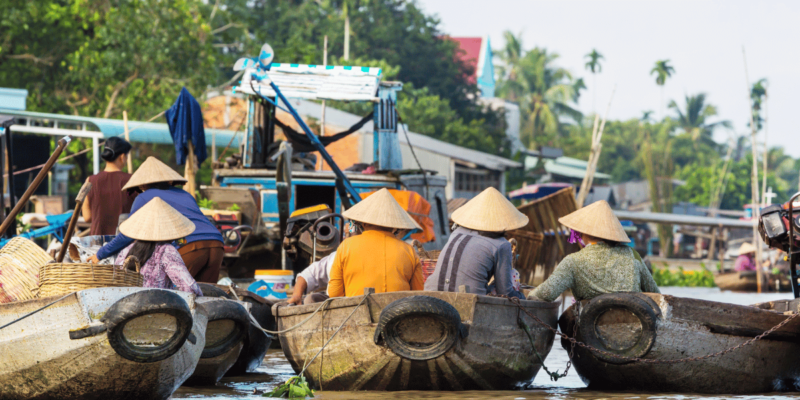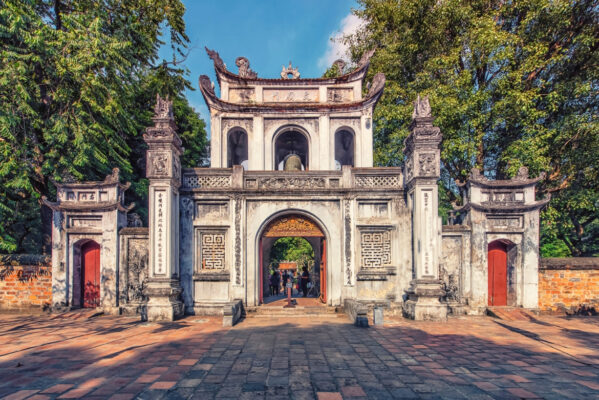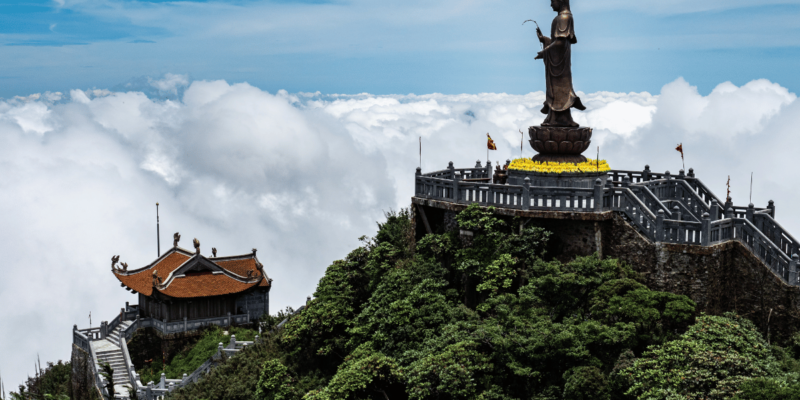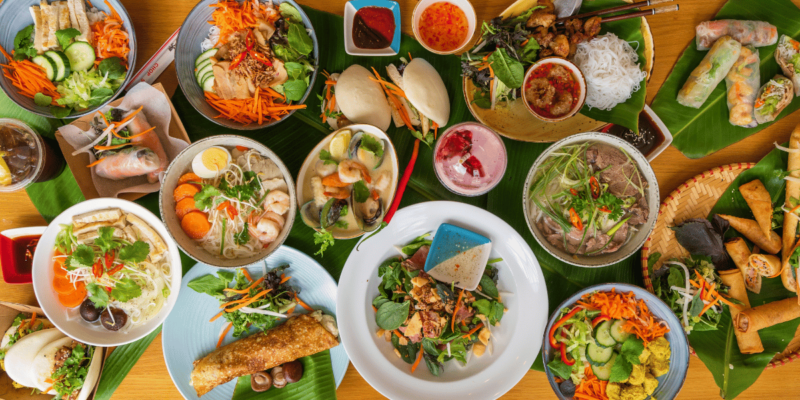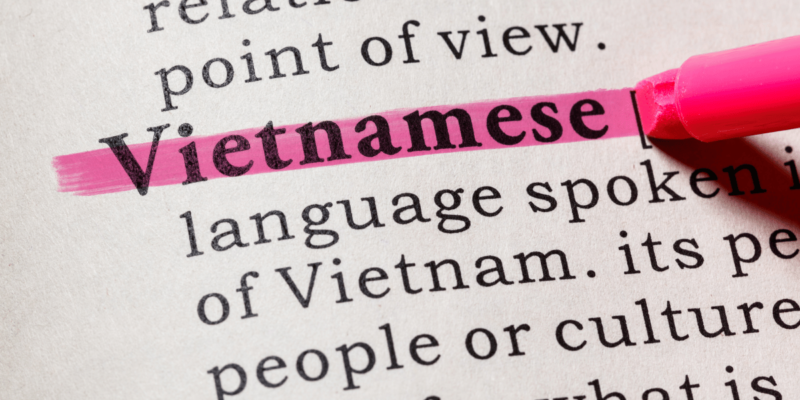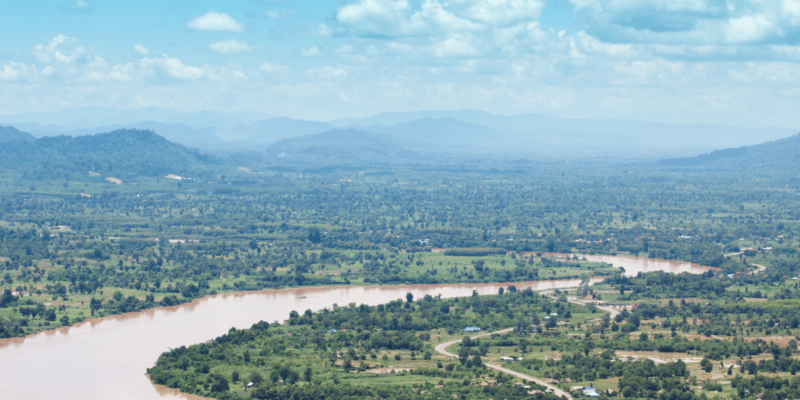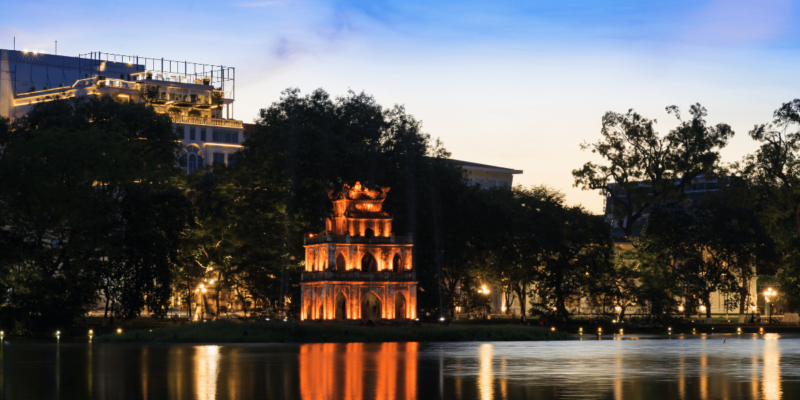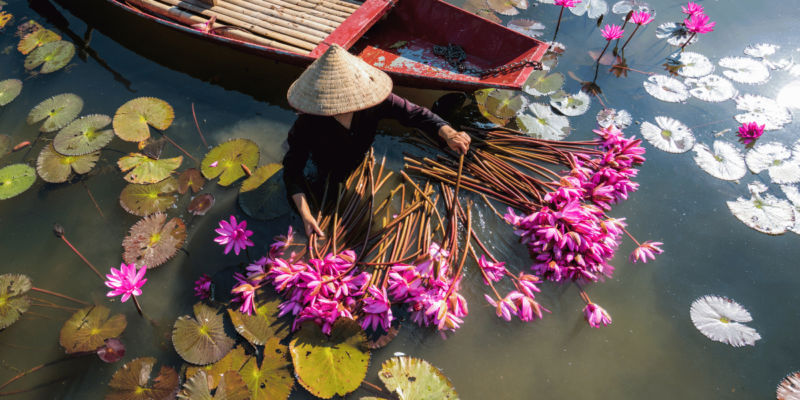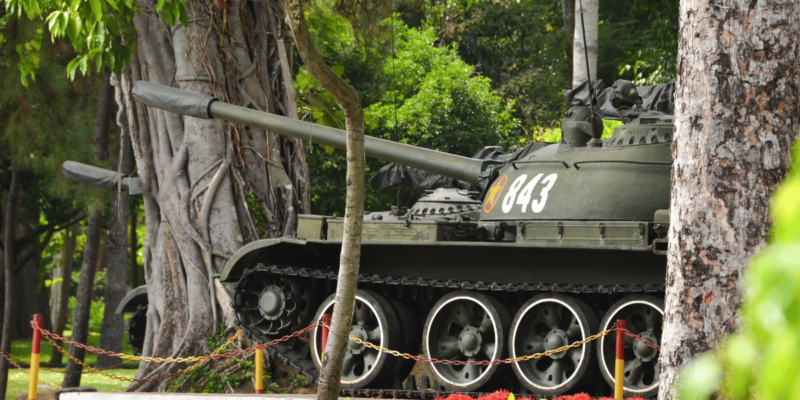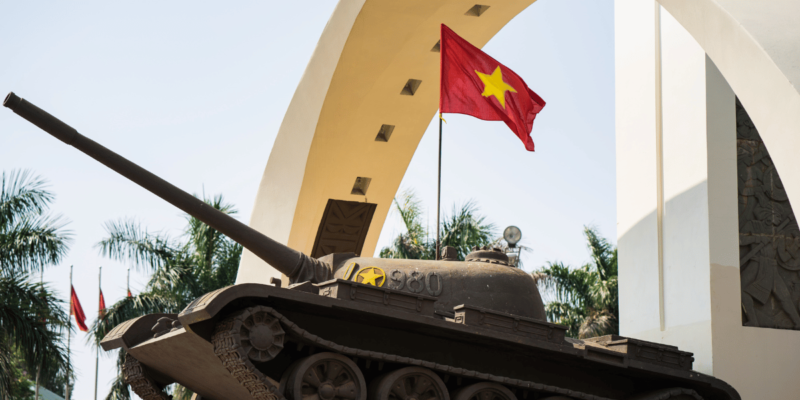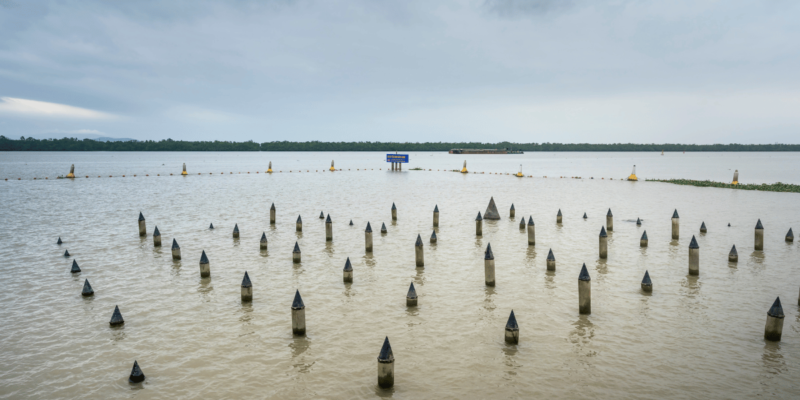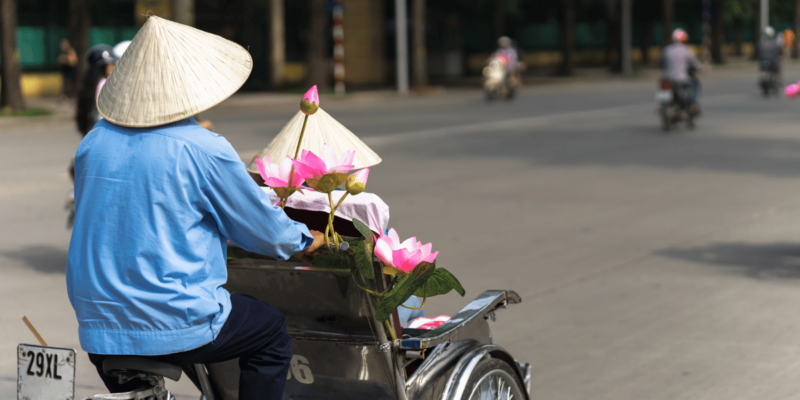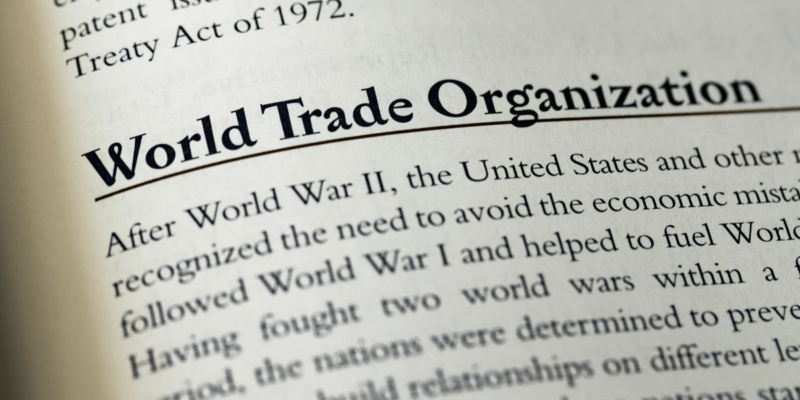Life in Vietnam Today
Vietnam, a country with a rich cultural heritage and a dynamic history, is undergoing rapid development and modernization. Today, it stands as one of Southeast Asia’s fastest-growing economies, offering a unique blend of traditional values and modern advancements. Understanding contemporary life in Vietnam involves exploring its economic growth, urbanization trends, educational reforms, healthcare improvements, and the ongoing interplay between tradition and modernity. This article delves into various aspects of life in Vietnam today, providing a comprehensive overview of what it means to live in this vibrant country.

Economic Landscape
Vietnam’s economy has experienced significant growth over the past few decades, transitioning from a primarily agrarian society to a burgeoning industrial and technology hub. Key industries driving this growth include manufacturing, particularly electronics and textiles, technology, agriculture, and tourism. The rise of tech startups and foreign investments has spurred economic development, leading to improved infrastructure and job opportunities. This economic boom has transformed daily life for many Vietnamese, increasing access to modern amenities and raising living standards. However, it also presents challenges such as income disparity and the need for sustainable development.
Urban vs. Rural Life
Life in Vietnam varies greatly between urban and rural areas. Urbanization has led to the rapid expansion of cities like Ho Chi Minh City and Hanoi, where residents enjoy modern conveniences, diverse job opportunities, and vibrant cultural scenes. In contrast, rural life remains more traditional, with agriculture playing a central role in the economy. While urban areas offer better access to education and healthcare, rural communities benefit from a stronger sense of community and a slower pace of life. The migration from rural to urban areas has also created challenges, including overcrowding and strain on urban infrastructure.
Education System
Vietnam’s education system has seen significant reforms aimed at improving quality and accessibility. The structure includes primary, secondary, and tertiary levels, with a strong emphasis on academic achievement. Recent advancements include increased investment in educational infrastructure, teacher training, and curriculum development. Efforts to improve access to education have led to high literacy rates and better educational outcomes. Despite these improvements, challenges such as regional disparities in educational quality and the pressure of entrance exams remain. Overall, education is highly valued in Vietnamese society, seen as a key driver of personal and national success.
Healthcare System
The healthcare system in Vietnam has made notable progress, offering a mix of public and private healthcare options. Public healthcare provides affordable services to the majority, while private healthcare offers higher-quality care for those who can afford it. Recent improvements include increased healthcare funding, the construction of new hospitals, and the adoption of advanced medical technologies. However, challenges such as uneven access to quality healthcare and the need for more healthcare professionals persist. The government continues to work on reforms to ensure that all citizens have access to essential health services.
Cultural Practices and Traditions
Vietnamese culture remains rich with traditions, even as the country modernizes. Traditional customs, such as ancestor worship, Tet (Lunar New Year) celebrations, and traditional clothing like the Ao Dai, continue to play a significant role in daily life. Globalization has introduced new cultural influences, leading to a fusion of old and new. Festivals and cultural events are widely celebrated, reflecting Vietnam’s diverse heritage and strong sense of community. The balance between maintaining cultural identity and embracing modernity is a distinctive feature of contemporary Vietnamese life.
Family and Social Structure
Family is the cornerstone of Vietnamese society, with strong emphasis on familial bonds and responsibilities. Traditional family structures, where multiple generations live under one roof, are common, though nuclear families are becoming more prevalent. Social roles are evolving, with women increasingly participating in the workforce and education. Despite these changes, respect for elders and communal values remain central to social interactions. Community activities and social gatherings continue to be important, reinforcing the close-knit nature of Vietnamese society.
Technology and Connectivity
Vietnam has seen a rapid growth in technology and internet usage, transforming various aspects of life. The widespread adoption of smartphones and the internet has facilitated access to information, entertainment, and social connections. Digitalization has also impacted business practices, with e-commerce and online services becoming increasingly popular. Social media platforms play a significant role in daily life, influencing trends and connecting people across the country. This technological boom is fostering innovation and making Vietnam a significant player in the global tech landscape.
Environmental Issues
Vietnam faces several environmental challenges, including pollution, deforestation, and climate change. Rapid industrialization and urbanization have led to increased environmental degradation. The government, along with local communities, is working to address these issues through various initiatives. Efforts include reforestation projects, the promotion of renewable energy, and stricter environmental regulations. Sustainable development practices are being encouraged to balance economic growth with environmental preservation, ensuring a healthier and more sustainable future for Vietnam.
Conclusion
Life in Vietnam today is a dynamic blend of tradition and modernity, shaped by rapid economic growth, technological advancements, and deep-rooted cultural values. From bustling urban centers to serene rural landscapes, the country offers a diverse and enriching experience. As Vietnam continues to develop, maintaining this balance between progress and tradition will be crucial. Understanding the various aspects of contemporary life in Vietnam provides a deeper appreciation of its unique identity and ongoing transformation.
